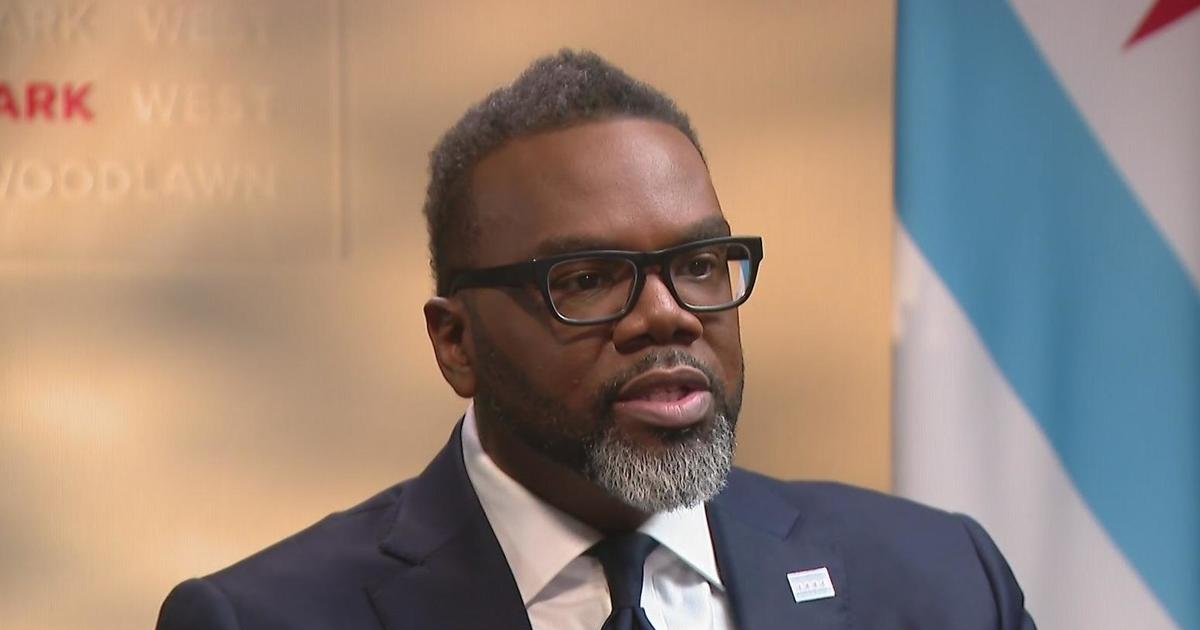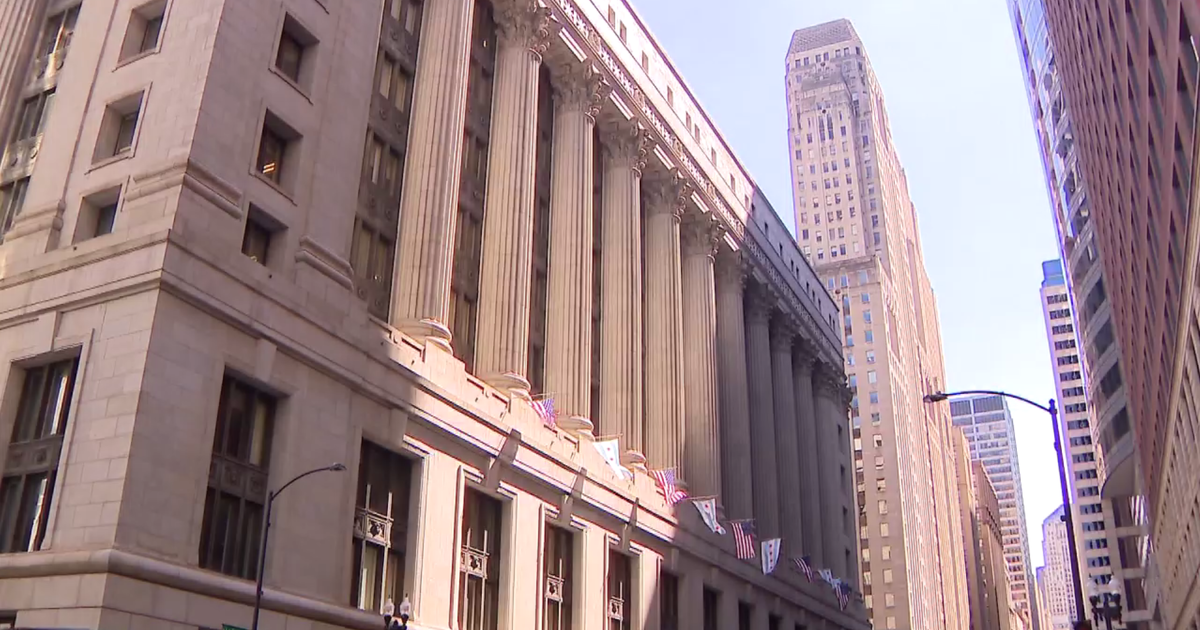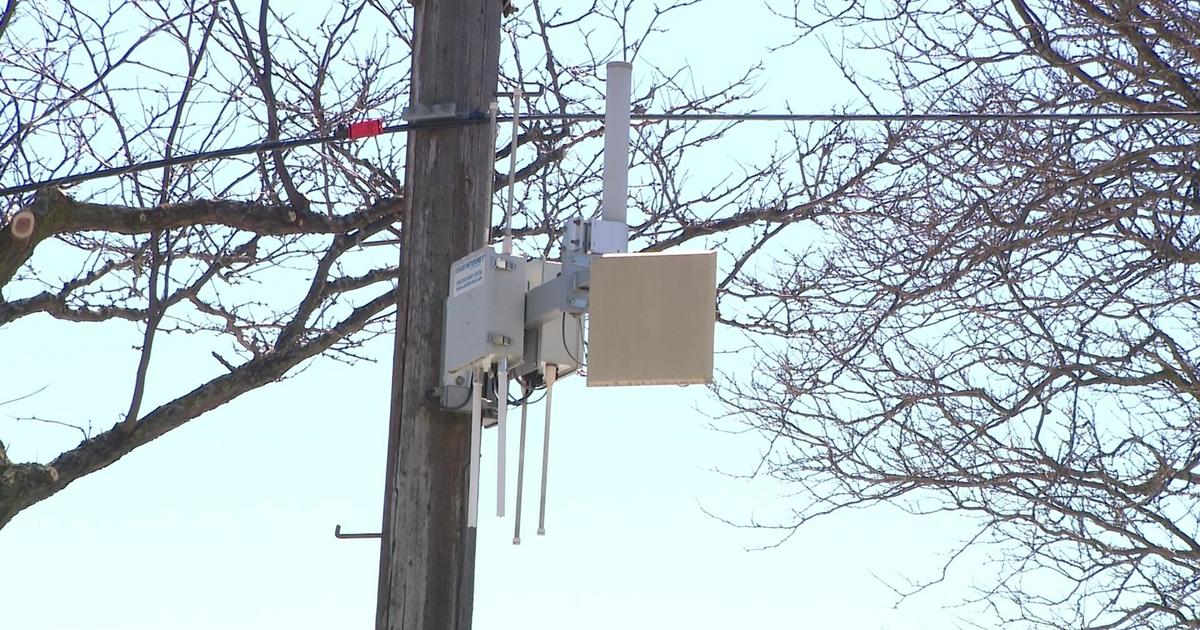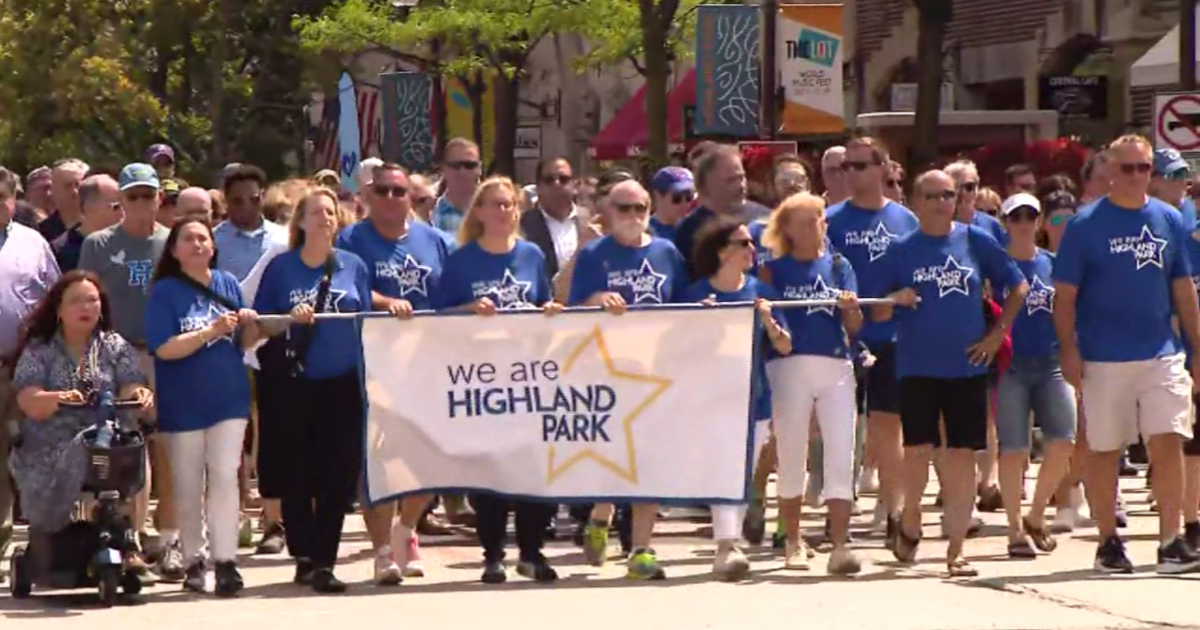Mayor Emanuel Calls For New, Tighter Regulations On Taxis
UPDATED 12/12/11 5:51 p.m.
CHICAGO (CBS) -- Mayor Rahm Emanuel on Monday announced plans for a set of reforms to the taxi industry that will improve vehicles and regulate cab drivers.
The mayor announced the reforms with Ald. Anthony Beale (9th), chairman of the City Council Committee on Transportation and Infrastructure, and city Department of Business Affairs and Consumer Protection Commissioner Rosemary Krimbel. He said the changes are necessary to bring the city's taxi industry into the 21st century with vehicle regulations and driver oversight.
As CBS 2's Pam Zekman reports, the reforms, which touch all aspects of the industry, were largely prompted by a CBS 2 investigation of dangerous drivers.
"Whether it's making sure the fleet is more fuel-efficient, making sure that a passenger can swipe their own credit card, making sure that taxicabs have a GPS system so you know where the location is and where the closest taxi is, as well as the training, the safety of the drivers – that whole experience needs to be revamped," Emanuel said.
LISTEN: WBBM Newsradio Political Editor Craig Dellimore reports
Podcast
Reforms to modernize the taxi industry are long overdue, Emanuel said.
"As you know, we worked very hard at modernizing McCormick Place, and you cannot be a leader in the convention industry and have a taxi fleet, drivers and the experience be held back … the last change was done in '97, and the first real top-to-bottom comprehensive reform was done under Harold Washington," Emanuel said.
The reforms include a limit on the age of vehicles that can be on the roads, by lowering the maximum number of miles on a newly-converted taxi to 75,000 from 150,000.
Also, on-the-road training will be required before cab drivers are licensed and driving records will be reviewed more than once a year.
Krimbel said reforms would also include "regular interfacing … with the Secretary of State's traffic violation database, as well as a new partnership with the Chicago Department of Police, so that we will have access in real time to moving violations and traffic accidents that involve taxi cabs."
That information will be put on a watch list of cab drivers to make sure they drive safely on a consistent basis. Dangerous drivers will be removed from the street right away instead of being subject only to annual reviews. Drivers with three or more moving violations in a 12-month period will not have their license renewed.
The reforms were spurred, in part, by a CBS 2 investigation of dangerous cab drivers.
"Both higher quality experience for the customer, higher standards for the cars and higher safety is the goal," Emanuel said. "That hasn't been the case to date. And you can see it many times by some of the reporting."
One of the worst offenders found by a CBS 2 investigation was Simon Ohiri, who piled up 116 moving violations since 1989 and was sued five times by pedestrians he allegedly hit.
"I'm trying my best. I'm a cab driver and I'm on the street almost 15 hours every day," Ohiri said earlier this year.
Another reform will be to limit cabbies from driving more than 12 hours a day. The city recently refused to renew Ohiri's license, which he declined to comment about Monday.
The city also plans to impose a tiered lease system, with discounts on medallion fees for companies that buy fuel-efficient and wheelchair-accessible vehicles.
Also planned is a standardized lease system that will restrict hidden charges that companies are incorporating into taxi leases, so as to protect drivers from illegal overcharges, according to the mayor's office.
In further addition, a new category of licenses will be issued for jitney cars, or unlicensed cabs without meters. The Mayor's office says this will improve service in areas that are not well served by traditional cabs.
Credit card swipe machines and GPS technology will also be mandatory for cabs, according to the Mayor's office.
Taxi drivers, companies and independent owner-operators were involved in crafting the legislation, according to the Mayor's office.
"We're doing this in partnership with the industry. There will be parts they won't like, there will be parts they'll be very excited about," Emanuel said.
Beale plans to introduce the ordinance at the City Council meeting Wednesday.
Complaints about insufficient regulation on the taxi industry are nothing new. In April of last year, the Department of Business Affairs and Consumer Protection made headlines for pulling 222 cabs out of service after discovering that they were all salvaged or rebuilt vehicles – which is not permitted for taxis.
The paperwork filed with the city by the taxi management firms had been altered or "washed" to conceal the fact that they were salvaged or rebuilt, then-Commissioner Norma Reyes said at the time.



